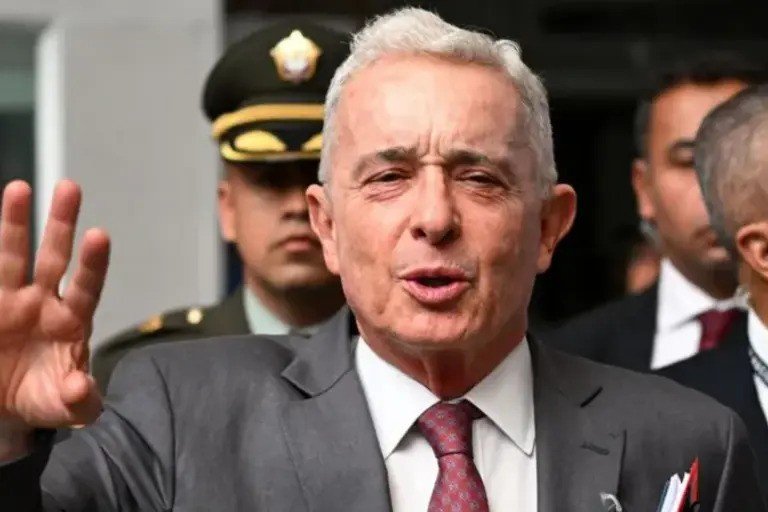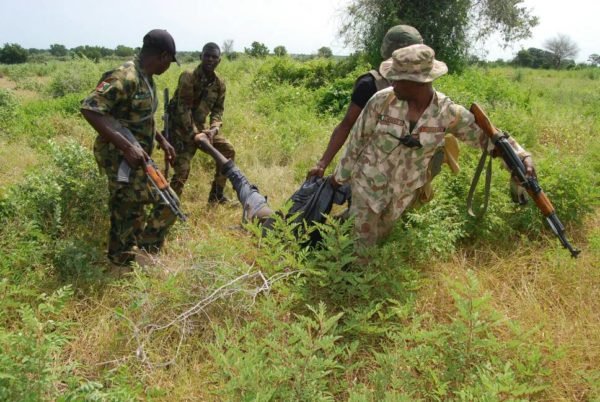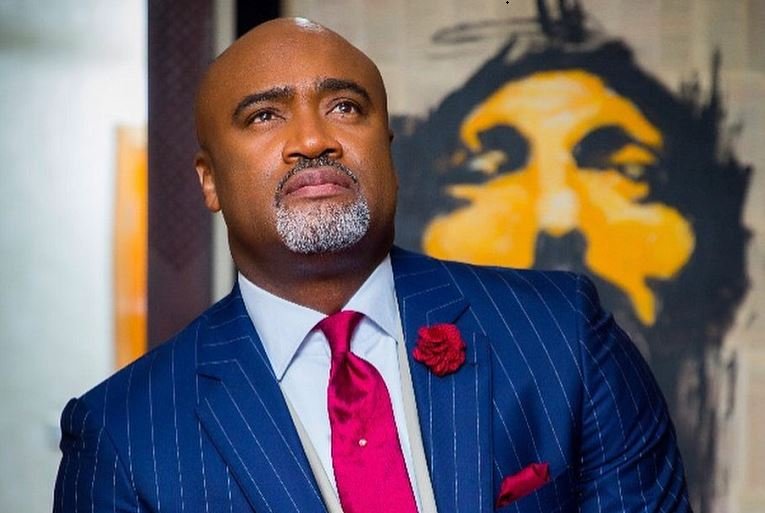Former Colombian President Álvaro Uribe was sentenced to 12 years of house arrest on witness tampering and fraud charges.
The 73-year-old is the first former president in the country’s history to be found guilty of a crime. He’s also been disqualified from public office and fined $578,000 (£435,000).
Uribe, who maintains his innocence, informed a judge in Bogotá that he would appeal his sentence. He claimed that the prosecution was intended to “destroy a voice for the democratic opposition.”
He was president from 2002 to 2010 and is still popular in Colombia, despite accusations of collaborating with right-wing paramilitaries to eliminate leftist rebel organisations. He disputes the claim.
The former president was convicted of two crimes on Monday in a witness-tampering case that had been ongoing for about 13 years.
Two convicted ex-paramilitaries testified that Uribe’s former lawyer, Diego Cadena, had offered them money to testify in his favour.
Cadena, who is also facing prosecution, has disputed the allegations and, along with many other ex-paramilitaries, testified on Uribe’s side.
Earlier this week, US Secretary of State Marco Rubio criticised Uribe’s sentence, accusing Colombia’s court of becoming weaponised.
The previous president’s “only crime has been to tirelessly fight and defend his homeland,” Rubio wrote on the social media platform X.
Paramilitary groups formed in Colombia in the 1980s, with the claimed goal of combating poverty and marginalisation.
They fought the Marxist-inspired guerrilla organisations that had previously fought the state two decades before.
Many of the armed groups that arose in the standoff generated an income from the cocaine trade.
A deadly brawl between them and the state has resulted in a long-standing rivalry for trafficking routes and resources.
Uribe was praised by Washington for his tough approach to left-wing FARC rebels, but critics argue he did little to address the country’s inequality and poverty.
Although FARC signed a peace deal with Uribe’s successor in 2016, violence from disarmed groups still occurs in Colombia.











